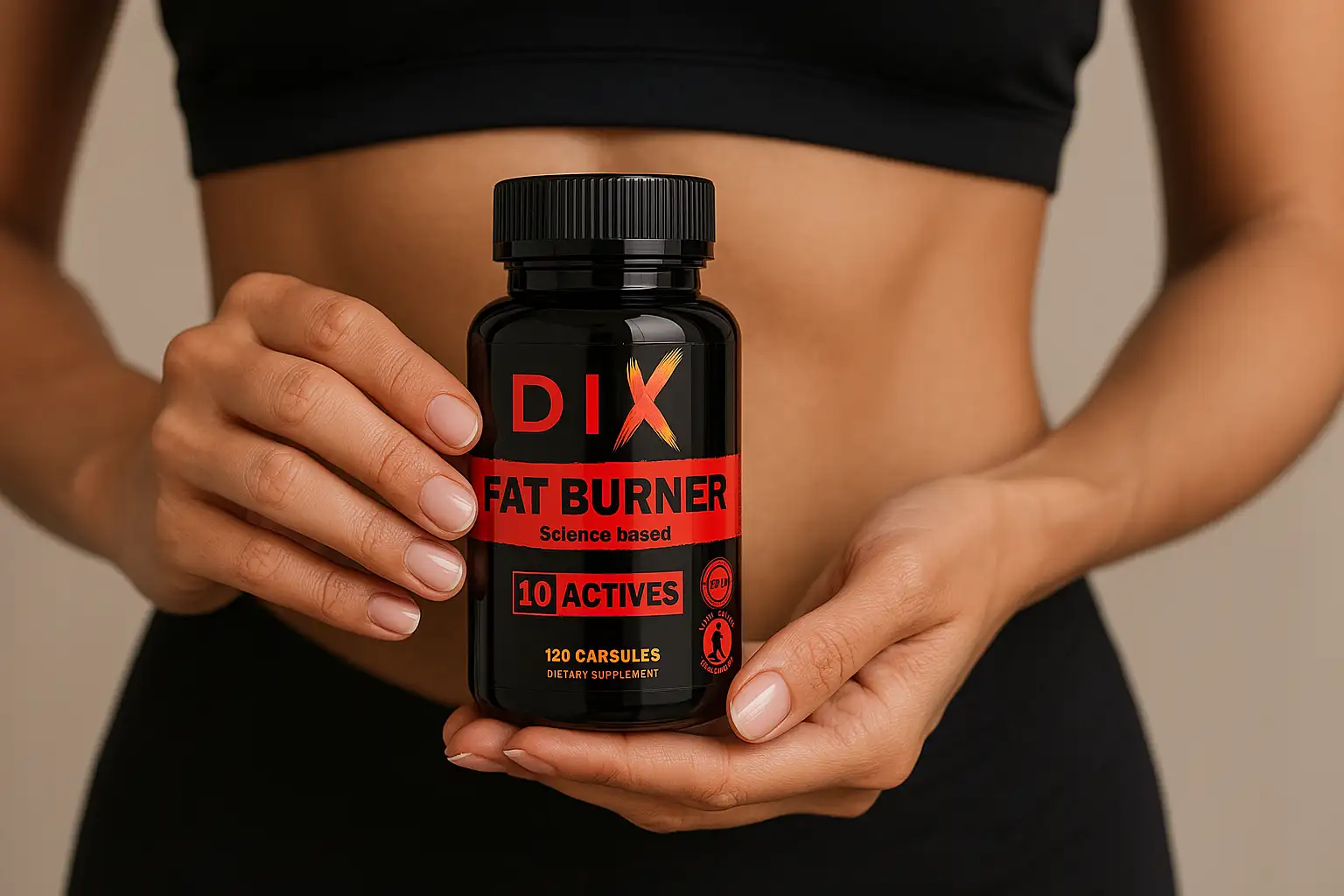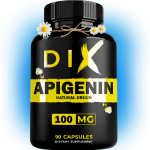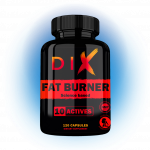
Are you tired of dietary supplements with miraculous promises that disappoint in the gym? Berberine, a plant alkaloid nicknamed “natural ozempic,” raises legitimate hopes in weight management.
Through a rigorous analysis of metabolic mechanisms, clinical studies, and usage protocols, we decode for you the real effectiveness of this substance on fat loss – without overlooking the risks or usage precautions.
Biological Functioning and Metabolic Impact
Berberine acts as a metabolic regulator by activating AMPK, a central enzyme in cellular energy management. As detailed in our comprehensive study of berberine’s properties, this activation stimulates fatty acid oxidation while inhibiting hepatic synthesis of new lipids. Clinical studies demonstrate an average improvement of 20% in insulin sensitivity under supplementation, with a parallel reduction in fasting blood glucose in 67% of participants.
Research on animal models reveals a dual mechanism of action: inhibition of genes responsible for adipocyte storage (PPARγ and C/EBPα) and increased mitochondrial energy expenditure. In humans, a meta-analysis involving 116 diabetic subjects shows a 1.2% decrease in glycated hemoglobin after 12 weeks at 1500 mg/day, associated with an average weight loss of 2.3 kg.
Optimal Dosage for Weight Management
Effective protocols recommend 500 mg taken 30 minutes before the three main meals, allowing for optimal bioavailability despite an intestinal absorption rate of less than 5%. This split dosage maintains a stable plasma concentration while minimizing gastrointestinal disturbances reported by 34% of users.
Combining with sources of piperine (black pepper) or silymarin (milk thistle) increases absorption by up to 40% according to pharmacokinetic studies. A 4-hour window is recommended between taking berberine and probiotics, as the latter can alter its transformation into bioactive dihydroberberine.
Side Effects and Contraindications
Unlike some fat burners with marked side effects, adverse reactions are generally moderate but require vigilance. Cases of asymptomatic hypoglycemia mainly concern users combining berberine and metformin, with an incidence of 8.3% in the study by Zhou et al. (2020).
The potentially severe interaction with immunosuppressants (220% increase in cyclosporine area under the curve) requires strict medical monitoring. Absolute contraindications include pregnancy, breastfeeding, and a history of long QT syndrome, the latter based on recent preclinical observations.
Comparison with Competing Solutions
| Criterion | Berberine | Appetite Suppressant Drugs |
|---|---|---|
| Origin | Natural substance extracted from plants (Berberis) | Synthetic pharmaceutical molecules |
| Main Action | Glycemic regulation and lipid metabolism | Central appetite suppression |
| Weight Effectiveness | Moderate loss (2-4 kg over 3 months) | Significant reduction (5-20% of body weight) |
| Secondary Benefits | Improved lipid profile and insulin sensitivity | No additional metabolic benefits |
| Adverse Effects | Digestive disorders (34% of users) | Cardiovascular and psychiatric risks |
Unlike some traditional fat burners, berberine presents a more favorable safety profile but less pronounced weight effects. The interindividual variations observed in obesity studies are explained by combined genetic (25-40% of BMI) and environmental factors. A meta-analysis of 37 clinical trials reveals that results significantly differ according to the initial metabolic status of participants.

Expert Opinions and Recommendations
Health organizations adopt nuanced positions regarding berberine:
- Anses advises against its use for sensitive populations and warns of potentially dangerous drug interactions
- EFSA does not authorize any European health claims in the absence of sufficient evidence
- The Belgian Public Health SPF imposes a daily limit of 500 mg for dietary supplements
- European authorities prohibit slimming claims on berberine-based products
- The scientific community emphasizes the need for medical supervision before any supplementation
Prolonged self-medication without biological control exposes to risks of asymptomatic hypoglycemia and alteration of the lipid profile. A quarterly assessment including fasting blood glucose, glycated hemoglobin, and liver enzymes is required for regular users. This precaution becomes crucial in case of concomitant treatment with oral antidiabetics or immunosuppressants.
Integration into a Global Strategy
Combination with Physical Activity
Resistance training enhances the action of berberine by increasing muscle insulin sensitivity. A 2022 study shows that practitioners combining supplementation and compound exercises (squats, bench press) achieve a reduction of 3.2 kg of fat mass over 12 weeks compared to 1.9 kg without structured training. Favor sets of 8 to 12 repetitions with 70% of 1RM to optimize post-exercise energy expenditure. Feel free to check out our 1RM max repetition calculator.
Nutritional adaptation accompanying berberine requires a 15% reduction in high glycemic index carbohydrates in favor of fibers and plant proteins. A randomized study shows a 23% improvement in lipid oxidation when supplementation is coupled with a carbohydrate intake below 2g/kg of lean mass. Maintain complex carbohydrates around workouts to support training intensity.
Monitoring and measuring results
Monthly evaluation through bioelectrical impedance analysis and skinfold measurement differentiates fat loss from muscle wasting. Diligent users record an average 2.8 kg of fat loss over 3 months with a muscle/fat ratio of 1:4. Pay particular attention to waist circumference changes – a key indicator of metabolic risk.
Biological monitoring should include a complete lipid profile (total cholesterol, LDL, HDL, triglycerides) and fasting blood glucose. Clinical data reveals a 14% average decrease in LDL and 22% in triglycerides after 90 days of supplementation in non-diabetic users. For athletes with metabolic history, quarterly hemoglobin A1c monitoring is recommended.

Future perspectives and research
Ongoing clinical trials are exploring extended-release formulations to overcome berberine’s low bioavailability. A phase II study is currently testing a berberine-chromium picolinate combination that shows an 18% reduction in appetite in obese participants. Researchers are also interested in topical forms to specifically target localized adiposity.
The EFSA maintains its refusal to authorize slimming claims, requiring further evidence on long-term effects. This strict regulatory stance contrasts with the enthusiasm for dietary supplements, pushing manufacturers to develop synergistic combinations with patented plant extracts. The next decade should clarify the precise role of berberine in body recomposition strategies.
Berberine acts on your metabolism by regulating blood sugar and insulin sensitivity, with modest but scientifically validated weight effects. For optimal results, combine its supplementation with a structured nutritional program – your next challenge starts today. Your discipline will transform these cellular mechanisms into tangible progress.
Scientific publications on Berberine and weight management
- “Berberine, a natural plant product, activates AMP-activated protein kinase with beneficial metabolic effects in diabetic and insulin-resistant states” (First study demonstrating that berberine activates the metabolic enzyme AMPK, improving insulin sensitivity and energy metabolism in insulin-resistant diabetes models) DOI: DOI
- “Berberine inhibits 3T3-L1 adipocyte differentiation through the PPARγ pathway” (Mechanistic research showing that berberine blocks adipogenesis by reducing the expression of adipocyte differentiation factors PPARγ and C/EBPα, suggesting an anti-obesity effect through decreased adipose tissue formation) DOI: DOI
- “The effect of berberine supplementation on obesity parameters, inflammation and liver function enzymes: A systematic review and meta-analysis of randomized controlled trials” (Meta-analysis of clinical trials indicating that berberine supplementation leads to modest weight loss and significant reductions in BMI and waist circumference) DOI: DOI
- “The effects of berberine supplementation on cardiovascular risk factors in adults: A systematic review and dose-response meta-analysis” (Systematic review from 2022 concluding that a dose ≥1 g/day for at least 8 weeks is associated with significant weight and BMI reduction) DOI: DOI
- “Metabolic effect of berberine–silymarin association: A meta‐analysis of randomized, double‐blind, placebo‐controlled clinical trials” (Meta-analysis showing that a berberine-silymarin combination significantly improves metabolic parameters compared to placebo) DOI: DOI
- “Preliminary study about the possible glycemic clinical advantage in using a fixed combination of Berberis aristata and Silybum marianum standardized extracts versus only Berberis aristata in patients with type 2 diabetes” (Pilot clinical trial indicating that adding silymarin to berberine further improves glycemic control compared to berberine alone) DOI: DOI
- “Effects of berberine on the blood concentration of cyclosporin A in renal transplanted recipients: clinical and pharmacokinetic study” (Study showing that co-administration of berberine doubles the blood concentration of cyclosporine A, highlighting a serious risk of drug interactions) DOI: DOI
- “Berberine in the treatment of type 2 diabetes mellitus: a systemic review and meta-analysis” (Review concluding that berberine improves glycemic control comparably to some oral antidiabetics, with an acceptable safety profile) DOI: DOI

